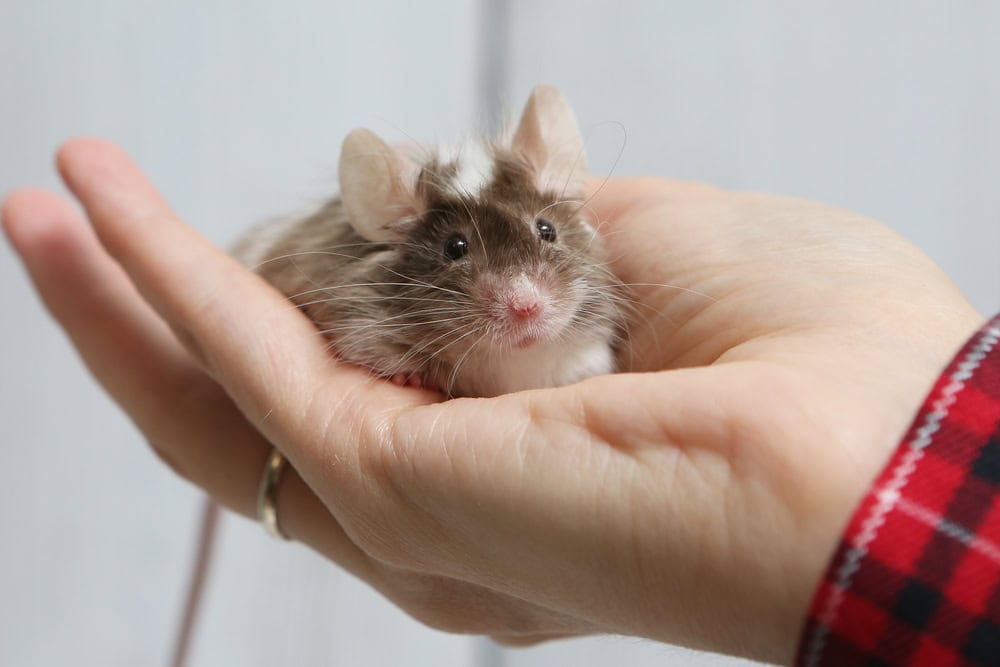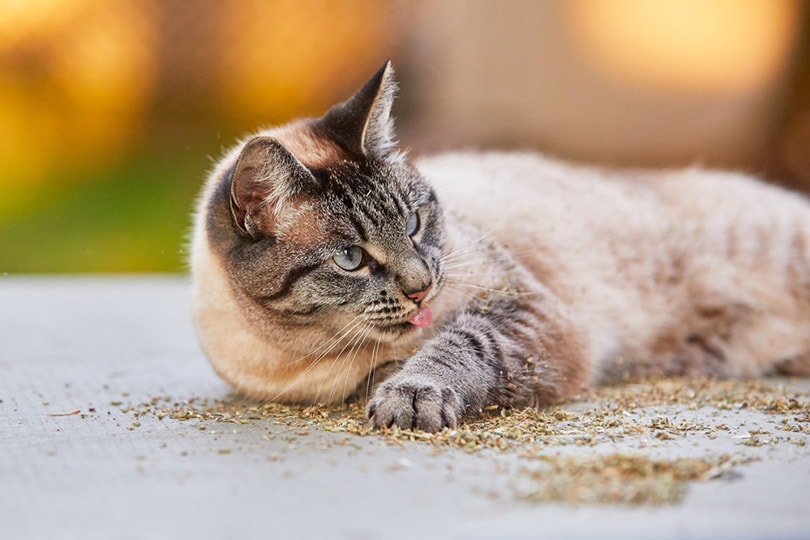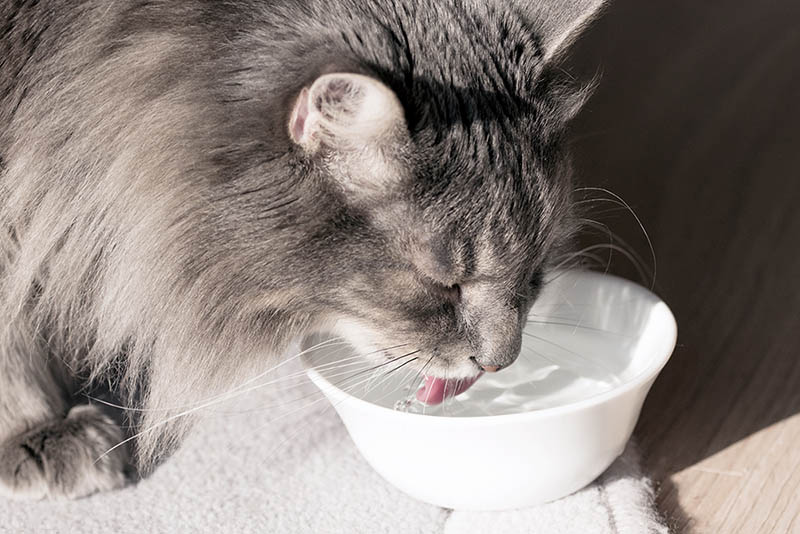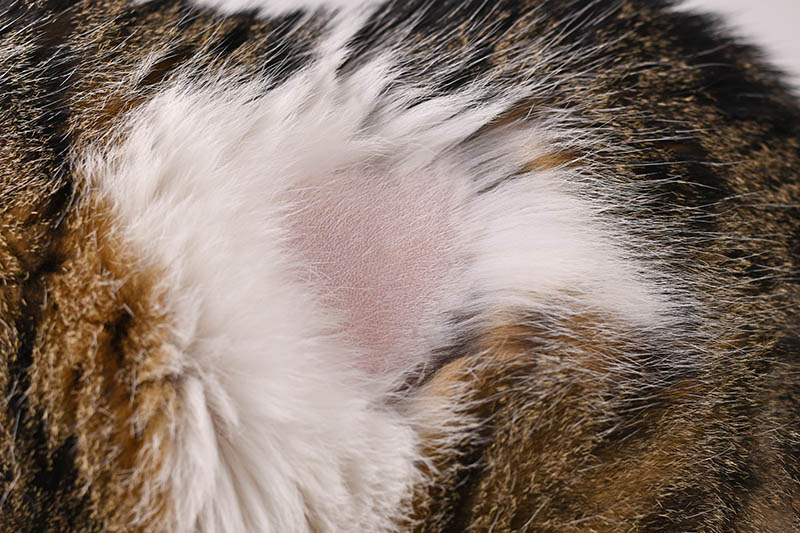VET APPROVED

The information is current and up-to-date in accordance with the latest veterinarian research.
Learn more »Click to Skip Ahead
Any pet can be prone to disease, including pet mice. Pet mice may develop health issues due to poor husbandry and care. However, they’re also prone to certain non-infectious diseases, such as those associated with older age.
If your pet mouse shows signs of illness, it is recommended to take them to the veterinarian. It is your responsibility as an owner to react quickly to the small changes that your pet presents and offer them a healthy life.

The 4 Common Pet Mice Diseases, Illnesses & Health Problems
1. Respiratory Diseases
Mice, like pet rats, are prone to respiratory diseases. Issues involving the respiratory system are relatively common in pet mice.
The causes of respiratory diseases are represented by bacteria and viruses. The most common respiratory conditions in pet mice are those caused by the Sendai virus (a paramyxovirus) and Mycoplasma.
- Sniffling
- Sneezing
- Difficulty breathing
- Discharge from the nose
- Breathing noises (chattering)
All respiratory ailments in mice require veterinary care. Treatment isn’t specific or standard for these ailments; a treatment plan for respiratory issues in mice is done on a case-by-case basis at your vet’s discretion.
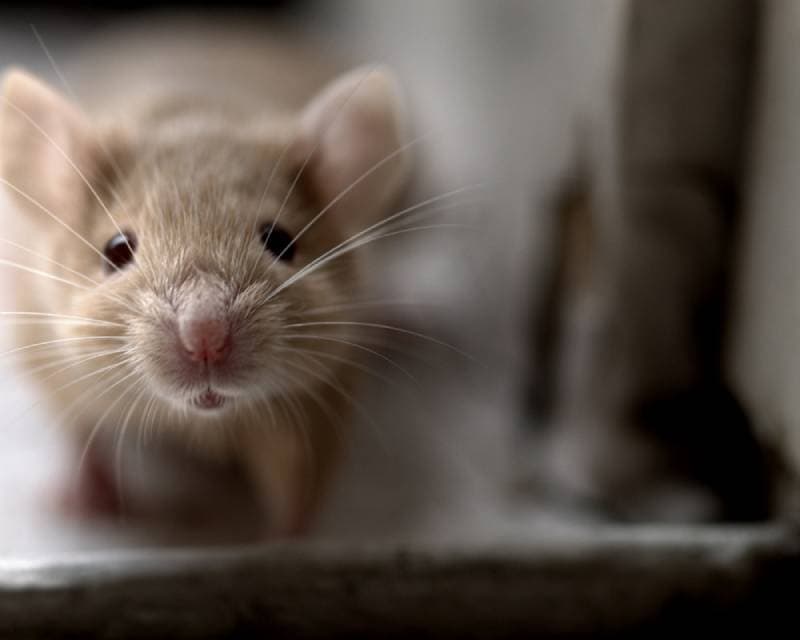
2. Skin Diseases
Pet mice are prone to infestation with mites, which can cause skin diseases if the infestation is massive. In severe cases, external parasitism with mites can lead to stress and death (mice get stressed very easily).
- Excessive scratching
- Hairless areas
- Scales and crusts on the skin
- Redness
- Secondary infections
Other external parasites that mice can get are fleas and lice.
Other skin diseases that pet mice can develop are:
- Ringworm
- Staphylococcus infections
- Scaly skin disease (Corynebacterium bovis infection)
- Ringtail syndrome
- Barbering (fur chewing)
3. Digestive Disorders
Pet mice are prone to digestive disorders. These can be due to a number of underlying causes. Examples include an improper diet, consumption of unwashed fruits and vegetables, ingestion of toxic plants, internal parasites, or stress.
- Loss of appetite
- Weight loss
- Unkempt fur
- Diarrhea
The common issues which can affect your mouse’s digestive system include the following:
- Bacterial Infections: These are usually managed with antibiotics and fluids, along with anti-diarrheal medication prescribed by your vet.
- Viral Infections: These disorders are common in younger mice and are often treated with supportive medication and care.
- Protozoan infections: These are most common in stressed colonies; they can be controlled with medication but are difficult to eradicate completely. Healthy, stress-free mice are usually not affected by protozoa.
- Pinworms: These are internal parasites. Your veterinarian can prescribe medications for these parasites, but complete eradication will require sanitation protocols (which your veterinarian will instruct you to perform).
- Tapeworms: These are rare in mice, but they’re of concern because the dwarf tapeworm can be transmitted from mice to humans. Therefore, care should be taken when handling mice infected with tapeworms. They’re more commonly seen in mice that are in close contact with cockroaches, beetles, and fleas. Follow your veterinarian’s instructions for medication and cage cleaning procedures.
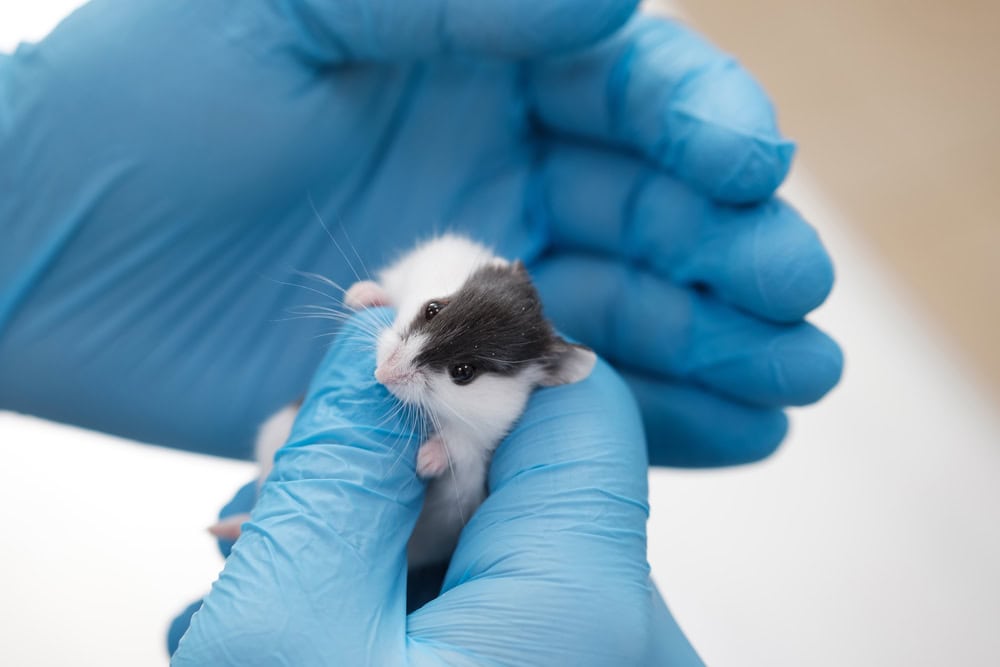
4. Cancer
Cancer development in mice depends on various factors.
- Breed
- Age
- Environment
- Certain viral infections
The most common form of cancer in pet mice is mammary tumors. The tumors develop under the skin and can be caused by viral infections, which can be transmitted to the pups through the mother’s milk and placenta.
Treatment for cancers is often surgical removal. Early removals offer mice the best chances at avoiding complications or recurrences of the tumor.

How Do You Tell if a Pet Mouse Is Unwell?
Healthy mice have shiny fur, clean skin, and bright eyes and do not present nasal and eye secretions or breathe with difficulty. They also have a good appetite, and their general demeanor is inquisitive.
So, when a mouse gets sick, they may show the following signs.
- Lethargy
- An unkempt appearance
- A strange odor
- Fur appearing “moist” or “damp”
- Female mice suddenly killing, abandoning, or eating their young
- Hair loss
- Excessive scratching
- Sneezing
- Noisy and/or labored breathing
- Discharge from the eyes
- Discharge from any other orifice of the body (ears, anus, nose, etc.)
- Diarrhea
- Low appetite (or no appetite)
- Bumps, lumps, or strange growths on the body
Please note that the list above isn’t exhaustive. If your mouse shows signs of illness, take them to the vet. Although many pet mouse health problems are usually treatable, they can become complicated and lead to your pet’s death if not addressed promptly.
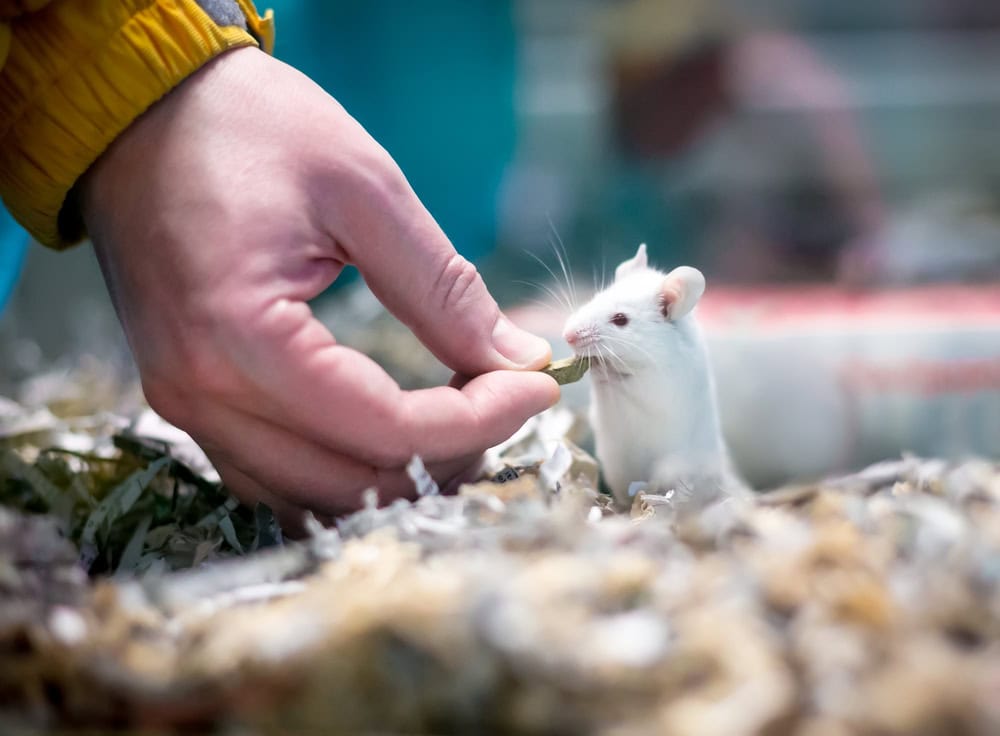

Conclusion
Mice are generally healthy animals with proper husbandry practices and hygiene, but they can be prone to certain diseases. In this article, we’ve covered some of the common health issues seen in pet mice.
It is important to keep in mind that like all exotic pets, the proper setup can go a long way in ensuring your pets’ long-term health and well-being. As such, it’s important to thoroughly research their husbandry needs and to provide your pet with a balanced diet and a clean, ventilated environment.
Certain ailments are unavoidable in mice even with the best care, as they can be caused by factors out of your control, such as their breed and age. Nonetheless, ensuring that your pet receives prompt veterinary care at the first sign of illness will give them the best chance at making a complete recovery. As such, it’s important to work closely with your veterinarian throughout your pets’ lives to offer them the very best care.
Featured Image Credit: Sergey Bezgodov, Shutterstock
